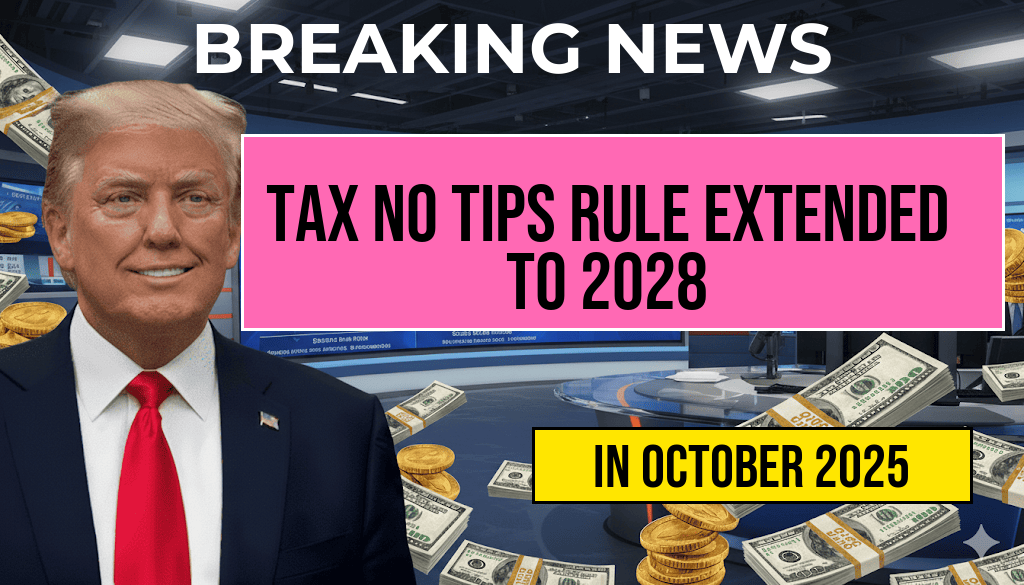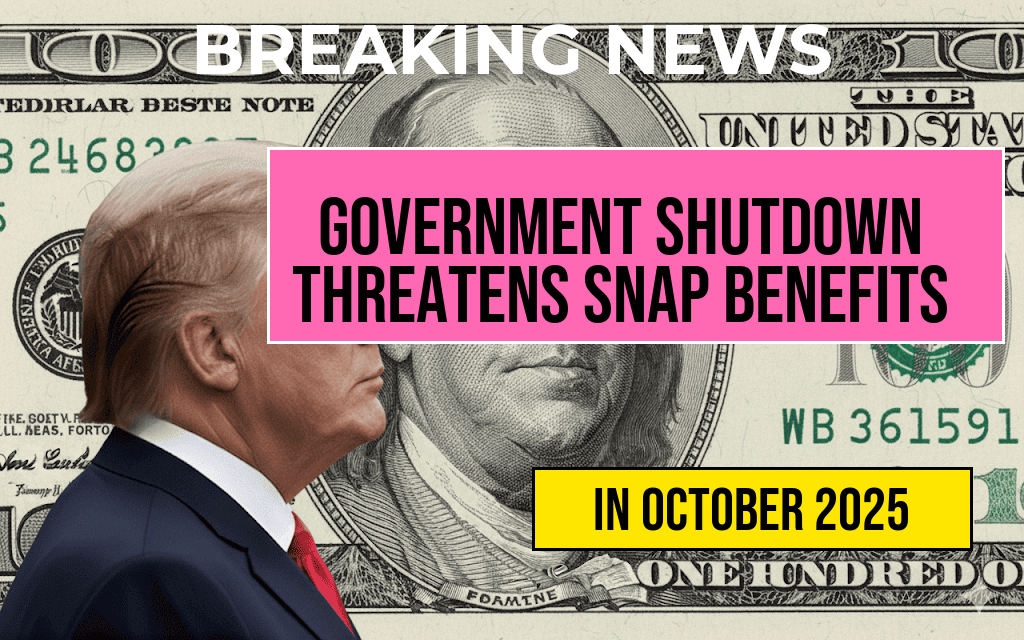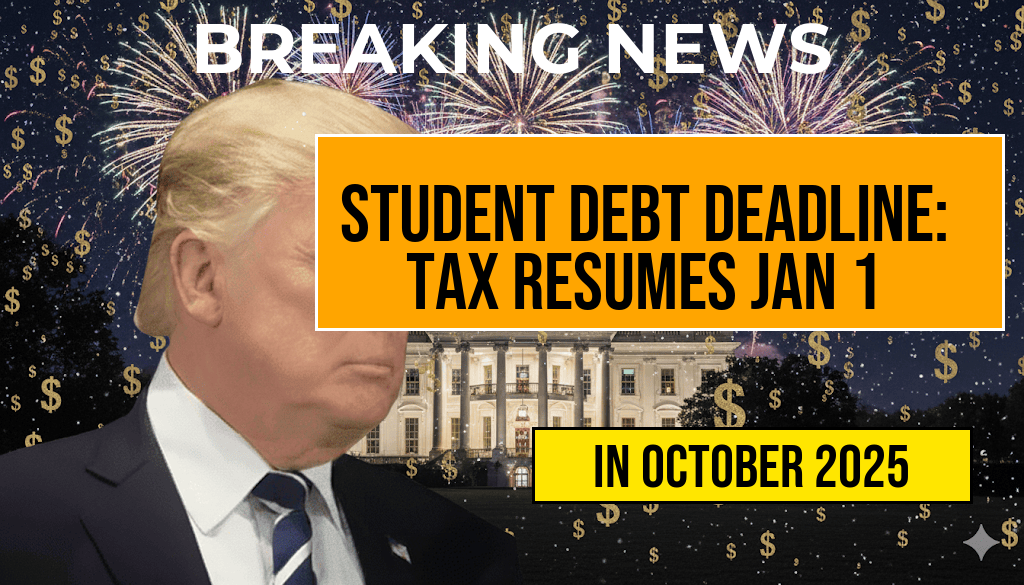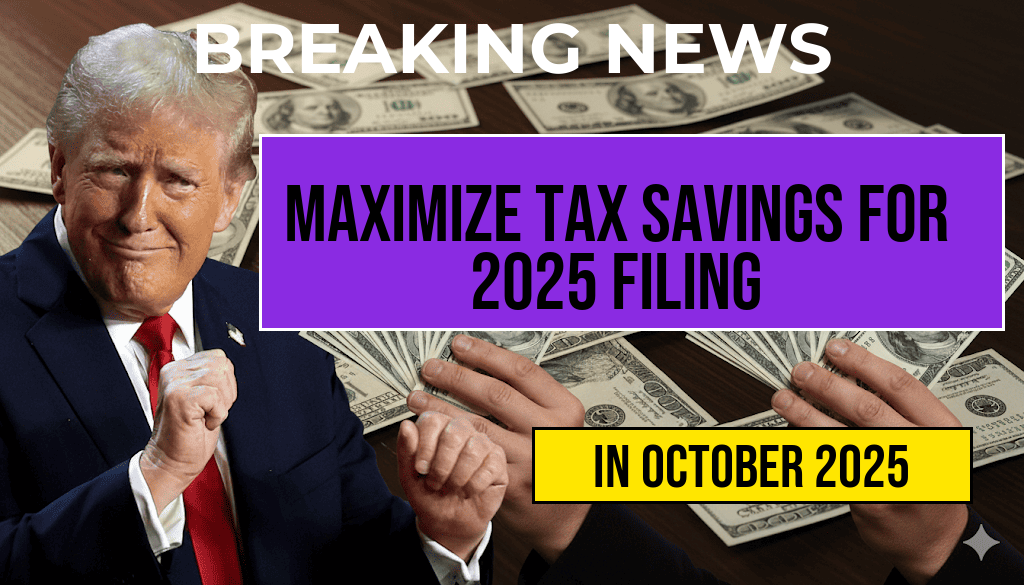The Internal Revenue Service (IRS) has officially extended the “No Tips” rule through 2028, a move that affects an estimated 1.8 million workers in the hospitality industry and other sectors that rely heavily on tips. This regulation, which prohibits employers from counting tips as part of their employees’ wages, ensures that workers receive full compensation directly from their employers. Under this extension, employees can also benefit from the annual $25,000 cap on tips that can be excluded from taxable income, providing significant financial relief. The decision comes amid ongoing discussions about wage fairness and the evolving nature of the gig economy, as lawmakers aim to bolster protections for workers who often rely on tips for a substantial portion of their income.
Understanding the “No Tips” Rule
The “No Tips” rule, initially enacted in 2021, was designed to protect workers in industries where tipping is customary. Previously, some employers had included tips in their calculations of minimum wage, which often led to lower base pay for employees. This rule ensures that tips are treated as separate income, thereby guaranteeing that employees receive the full minimum wage from their employers.
Key Aspects of the Extension
- Duration: The rule will remain in effect until 2028, giving workers certainty in their income structure for the next five years.
- Annual Cap: The $25,000 cap allows employees to exclude this amount from taxable income, a significant advantage for many in the service industry.
- Impact on Employers: Employers are required to adhere strictly to this rule, ensuring compliance to safeguard the financial rights of their employees.
Implications for Workers and Employers
This extension is expected to have wide-ranging implications for both workers and employers in the hospitality and service industries. For employees, the assurance that tips will not reduce their base wages provides a level of financial stability that has been lacking in many sectors. The annual cap on tips that can be excluded from taxable income also allows employees to manage their finances more effectively, particularly during high-traffic seasons when tips can significantly increase.
Employers, on the other hand, must navigate the complexities of this rule while ensuring compliance with IRS regulations. Failure to adhere to the “No Tips” rule could result in penalties and legal challenges, which can be detrimental to business operations. Compliance also requires clear communication with employees regarding wage structures and the treatment of tips.
Broader Context in Wage Discussions
The extension of the “No Tips” rule takes place against a backdrop of growing discussions about wage fairness across the United States. As the economy shifts and gig work becomes more prevalent, the need for robust protections for workers has gained traction. Many advocates argue that the reliance on tips can lead to inconsistent earnings and financial uncertainty for employees, especially in industries heavily affected by economic fluctuations.
Legislators have been working towards comprehensive reforms that address these issues, aiming to provide more stable incomes for service workers. The “No Tips” rule is one aspect of a larger effort to ensure that all workers are treated fairly and receive adequate compensation for their labor.
Comparative Analysis of Wage Structures
| Industry | Base Wage | Average Tips/Year | Total Annual Income |
|---|---|---|---|
| Restaurants | $2.13/hour | $15,000 | $25,000 |
| Bars | $2.13/hour | $12,000 | $22,000 |
| Hotels | $2.13/hour | $10,000 | $20,000 |
Looking Ahead
As the hospitality industry continues to recover from the impacts of the COVID-19 pandemic, the extended “No Tips” rule offers a vital lifeline for many workers who depend on tips for their livelihood. The $25,000 annual cap further alleviates some tax burdens, allowing employees greater financial flexibility. Observers will be monitoring how both employees and employers adapt to these regulations over the coming years, particularly as discussions around wage reform and worker protections evolve.
For more information on the “No Tips” rule and its implications, visit the IRS official website or explore detailed analyses on platforms like Forbes.
Frequently Asked Questions
What is the “No Tips” rule regarding taxes?
The “No Tips” rule is a tax regulation that prohibits certain businesses from reporting tips as income. This rule aims to simplify tax reporting for employees who do not receive tips as part of their compensation.
How long has the “No Tips” rule been extended?
The “No Tips” rule has been extended until 2028, providing businesses and employees with additional time to adjust to this regulation.
What is the annual cap associated with the “No Tips” rule?
The annual cap for the “No Tips” rule is set at $25,000. This means that employees earning below this threshold do not need to report tips as taxable income.
Who does the “No Tips” rule apply to?
The “No Tips” rule primarily applies to employees in industries where tipping is not a significant part of their compensation, such as certain service or hospitality sectors.
What should employees do if they earn tips above the cap?
If employees earn tips exceeding the $25,000 annual cap, they are required to report those earnings as part of their taxable income, despite the “No Tips” rule.






